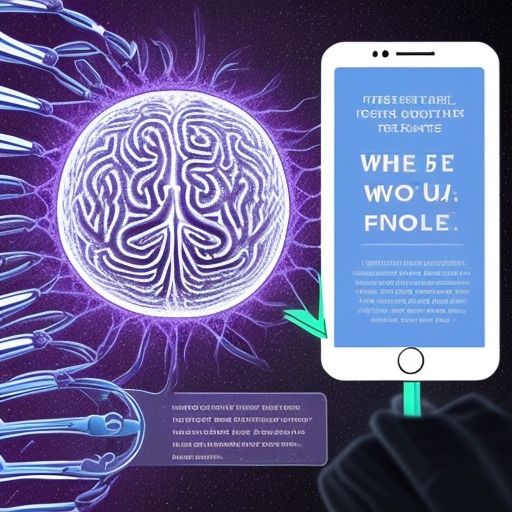Epilepsy is a neurological disorder that affects millions of people worldwide. While most are familiar with the classic signs of seizures, there are a number of lesser-known symptoms that can indicate the presence of epilepsy. In this article, we will explore five overlooked signs of epilepsy that everyone should be aware of.

Sudden Mood Changes
One of the often overlooked signs of epilepsy is sudden mood changes. While mood swings are common and can be caused by various factors, such as stress or hormonal imbalances, frequent and unexplained mood shifts could be a sign of epileptic activity in the brain. These mood changes can range from intense feelings of fear or anxiety to unexplained bouts of happiness or sadness. If you or someone you know experiences dramatic mood swings without a clear cause, it may be worth consulting a healthcare professional to rule out epilepsy.
Memory Issues
Memory issues are another commonly overlooked sign of epilepsy. People with epilepsy may experience memory lapses, forgetfulness, or difficulty recalling recent events. These memory problems can be particularly concerning if they occur without a history of head trauma or other known causes. If you or a loved one is experiencing persistent memory issues, it's essential to discuss these symptoms with a doctor to determine if they could be related to epilepsy.
Sensory Disturbances
Sensory disturbances, such as changes in vision or hearing, can also be indicators of epilepsy. People with epilepsy may report seeing flashing lights, experiencing unusual smells, or hearing strange sounds during seizures or in between episodes. These sensory disturbances are known as auras and can serve as warning signs that a seizure is about to occur. If you or someone you know frequently experiences these sensory changes, it's crucial to seek medical advice to investigate the possibility of epilepsy.
Sleep Issues
Sleep issues, including insomnia, frequent awakenings during the night, or excessive daytime sleepiness, can be linked to epilepsy. Disrupted sleep patterns are often seen in people with epilepsy, as seizures can occur during sleep and disrupt the normal sleep cycle. If you or a family member is experiencing ongoing sleep problems, it's important to consider the possibility of epilepsy and seek medical evaluation to address these issues.
Behavioral Changes
Behavioral changes, such as increased aggression, irritability, or impulsivity, can be overlooked signs of epilepsy. While behavioral changes can be attributed to various factors, including mental health conditions or stress, sudden and unexplained shifts in behavior should not be ignored. If you or someone you know is exhibiting significant changes in behavior that are out of character, it's crucial to consult a healthcare provider to assess if epilepsy could be a contributing factor.